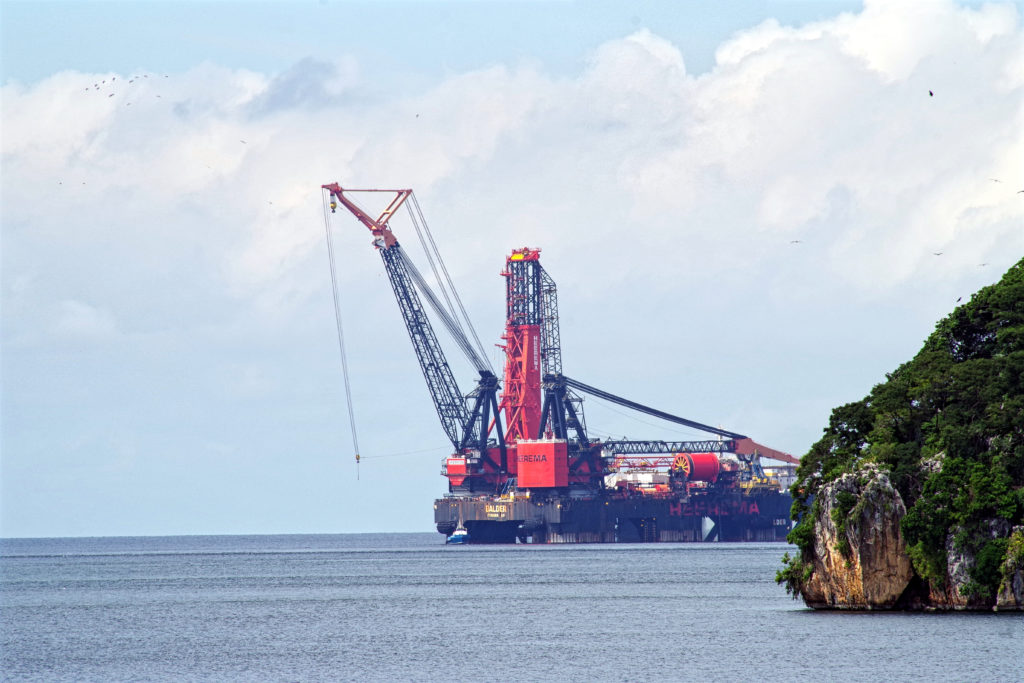The Caribbean region has a problem. A problem traced back to its centuries under the yolk of colonialism and you’ve likely heard it before. This problem is economic monoculture; the reliance on one major resource or industry as the primary crutch upon which the nation’s financial fortunes are largely held up on. No doubt size also factors into this predicament given that larger nations afford larger markets, economies of scale and more opportunities to work with. However did you know that in the space of a year China saved almost a quarter of a trillion (USD) by reducing its import bill for all the various high-tech products, services and materials required by its colossal manufacturing sector?
In a WSJ piece titled, China to World: We Don’t Need Your Factories Anymore, the finer details are explained. To put things simply, China has over the last decade, gradually developed its own expertise and know how despite having largely been involved in basic manufacturing and assembly for years. Now, where various advanced alloys, chemicals, compounds and electronic parts would previously be procured from cutting edge Western factories, Chinese producers now have the ability to create products domestically from start to finish with only the raw materials likely being brought in from foreign sources. In essence, China has achieved the state of industrialization that turned Western nations into great powers during the 19th and 20th centuries.

Why is this relevant to the Caribbean you might ask? Well, while we certainly aren’t aspiring to be global superpowers we do however have a vested interest in diversifying and developing our economies as widely as possible. In this regard we need to move away from economies dependent on raw resource extraction and basic manufacturing towards something more, something modern. This is possible (to varying degrees of course), even despite our smaller size and access to resources. After all, given the extent of brain drain that plagues us, there’s no question as to whether we’ll be able to muster skilled expertise and know-how but rather if we can keep it, see it flourish to its fullest potential and capitalize on it.
Additionally, while we love the concept of foreign investment as a means to an end we should, at some point, seek to do as China did and go beyond using it as a means for employment and medium term revenue gain. Rather it should be used as a base upon which to learn, develop as well as create our own alternatives. Such an act isn’t unheard of, as various Latin American countries have and are also developing their own capabilities. In the case of small Caribbean islands, let’s go beyond exporting raw products and resources by say, manufacturing chips, electronic parts and other higher tier industrial activities for export. If this sounds unlikely to you consider that a small Latin American nation, that of Costa Rica, produces processors and other computer hardware for companies such as Intel.
Indeed, this may even prove beneficial if we invite companies to set up their own assembly based industry for their unique brands and products. Furthermore, this doesn’t need to be limited to ‘classic’ industry but also those unique to the Digital Age such as software development and research. The opportunities are there but it’s up to us to adapt and adopt a less myopic view of economic development and diversification. Tourism is good but it’s not the only option available.



















